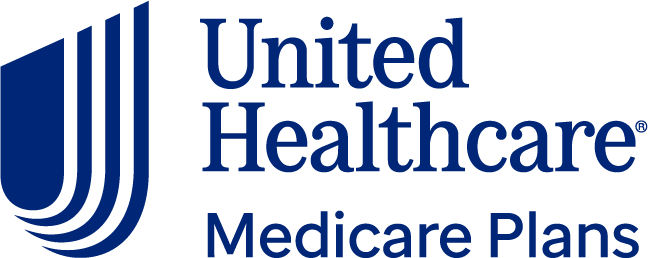Does Medicare Cover Addiction Treatment?
Medicare offers coverage for 'reasonable and necessary' treatment of substance use disorders such as alcoholism.

Many, or all, of the products featured on this page are from our advertising partners who compensate us when you take certain actions on our website or click to take an action on their website. However, this does not influence our evaluations. Our opinions are our own. Here is a list of our partners and here's how we make money.
Medicare does provide coverage for treatment of substance use disorders. But there are a wide variety of approaches, and Medicare pays for only the therapeutic services it considers reasonable and necessary. So it’s important to confirm with care providers, programs and pharmacies that Medicare reimburses them for their services.
Nearly 1 million Americans 65 and older were reported as living with a substance use disorder in 2018, according to federal data. Deaths attributed to opioid overdose more than doubled among those 55 and older from 2012 through 2019, as reported by the KFF, a health policy nonprofit.
And 2022 data from the National Center for Health Statistics indicates that, overall, drug overdose deaths in the United States increased nearly 30% in 2020 from 2019.
Shopping for Medicare plans? We have you covered.

3.95
CMS Star Rating
from UnitedHealthcare

3.63
CMS Star Rating
Outpatient treatment
Medicare Part B, which covers doctor bills and related services, pays for a yearly alcohol misuse screening for people who drink but don’t meet the criteria for alcohol dependency. If your primary care doctor finds that you’re misusing alcohol, Medicare will cover four counseling sessions annually. If needed, a primary care doctor can refer you for specialized treatment.
Medicare also covers treatment of opioid use disorders. Covered services include drug testing, medication-assisted therapy (with pharmaceuticals like methadone and buprenorphine), counseling and individual and group therapy, with care coordination.
Treatment and rehabilitation services may be covered when provided by physicians, clinical psychologists and social workers, nurse practitioners, clinical nurse specialists, physician assistants and certified nurse-midwives.
Inpatient treatment
If you require inpatient treatment for a substance use disorder, some of your care (including medication) will be covered by Medicare Part A, your hospital insurance, and some may be covered by Medicare Part B, for professional services provided in a general hospital or specialized psychiatric facility.
Medicare also covers services and medications provided by partial hospitalization programs. These programs, which include 20 or more hours per week of therapeutic services, are for patients with severe addiction disorders who don't need to stay overnight in a hospital. Covered services include individual or group psychotherapy, occupational therapy and the administration of medications that can't be self-administered.
Medicare also covers other methods of treatment for substance use disorders, including teletherapy and home care, when they're deemed reasonable and necessary.
What you’ll pay: Outpatient
For outpatient substance use disorder treatment, you pay the Medicare Part B deductible, which is $257 in 2025. You make copayments of 20% for additional services.
What you’ll pay: Inpatient
A deductible of $1,676 applies to inpatient care for a substance use disorder for each benefit period. You'll owe no coinsurance for the first 60 days of a hospital stay. But you may owe copays of 20% of the Medicare-approved amount for addiction disorder treatment services you receive from doctors and other providers while you're an inpatient.
For days 61 through 90 of a psychiatric hospital stay, you’ll owe $419 per day in 2025 in coinsurance. Your daily coinsurance jumps to $838 in 2025 per “lifetime reserve day” after day 90, and you have up to 60 lifetime reserve days overall. After that, you pay all costs.
Other coverage options
Some Medicare Advantage plans offer enhanced coverage of substance use disorders and other mental health issues. If these plans are available where you live, you may want to consider them. All Medicare Advantage plans are required to cover everything that Original Medicare covers, at a minimum.
For people with low income and assets, Medicaid may help pay for treatment of substance use disorders. Benefits vary by state; contact your state’s Medicaid office for coverage details.

